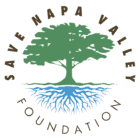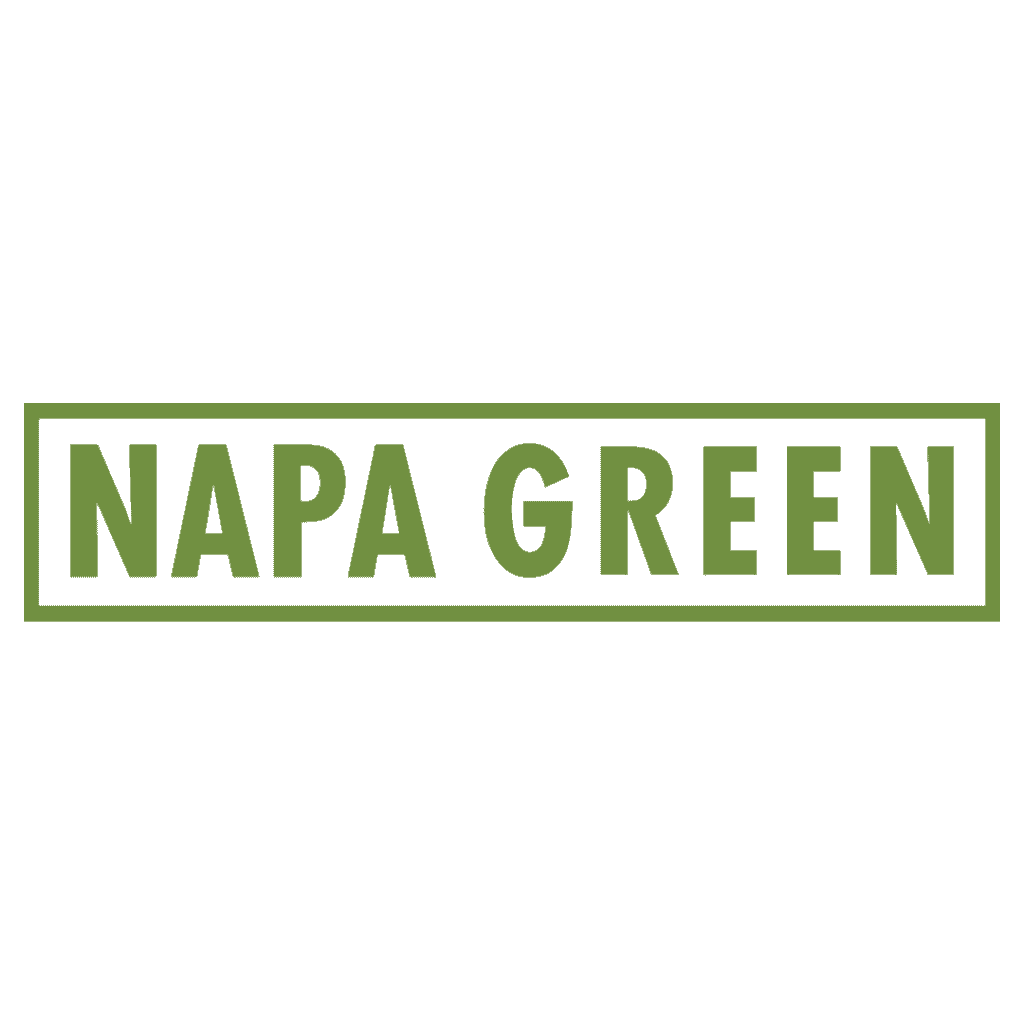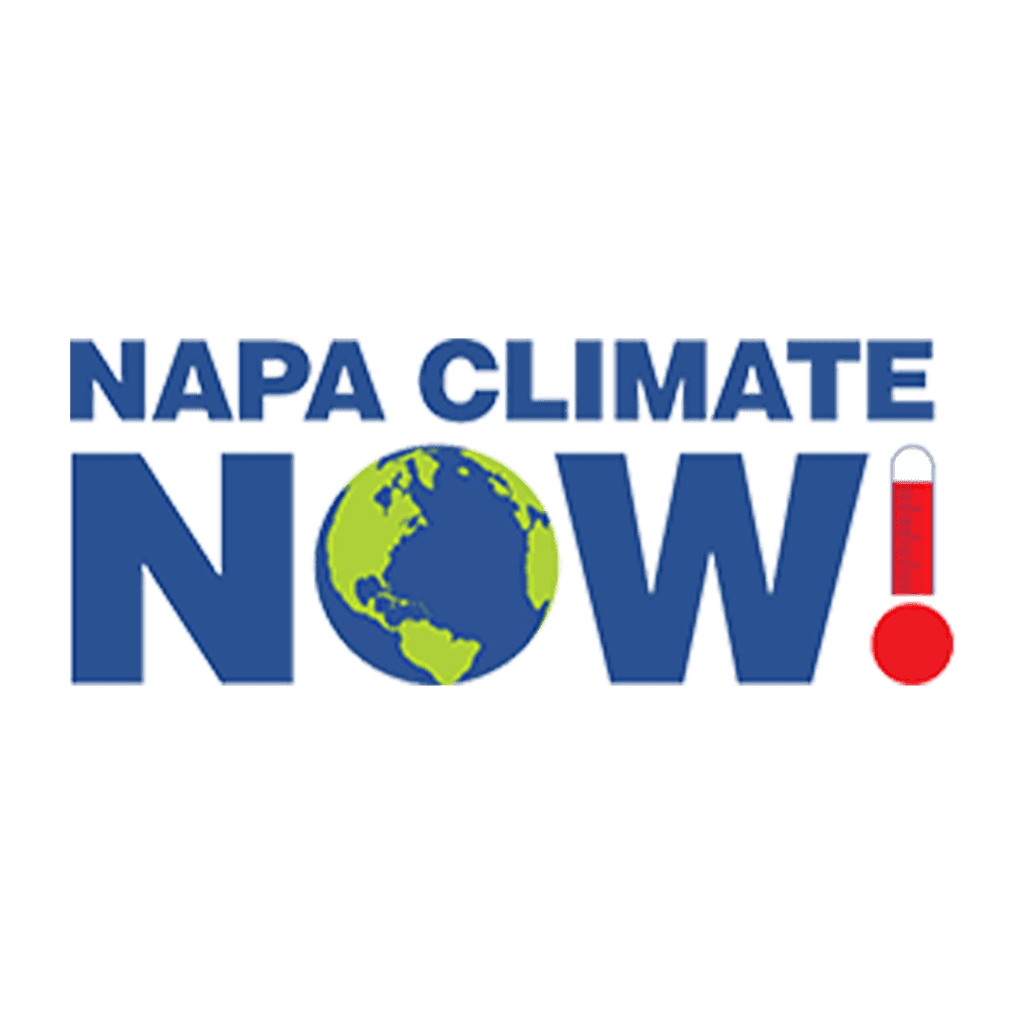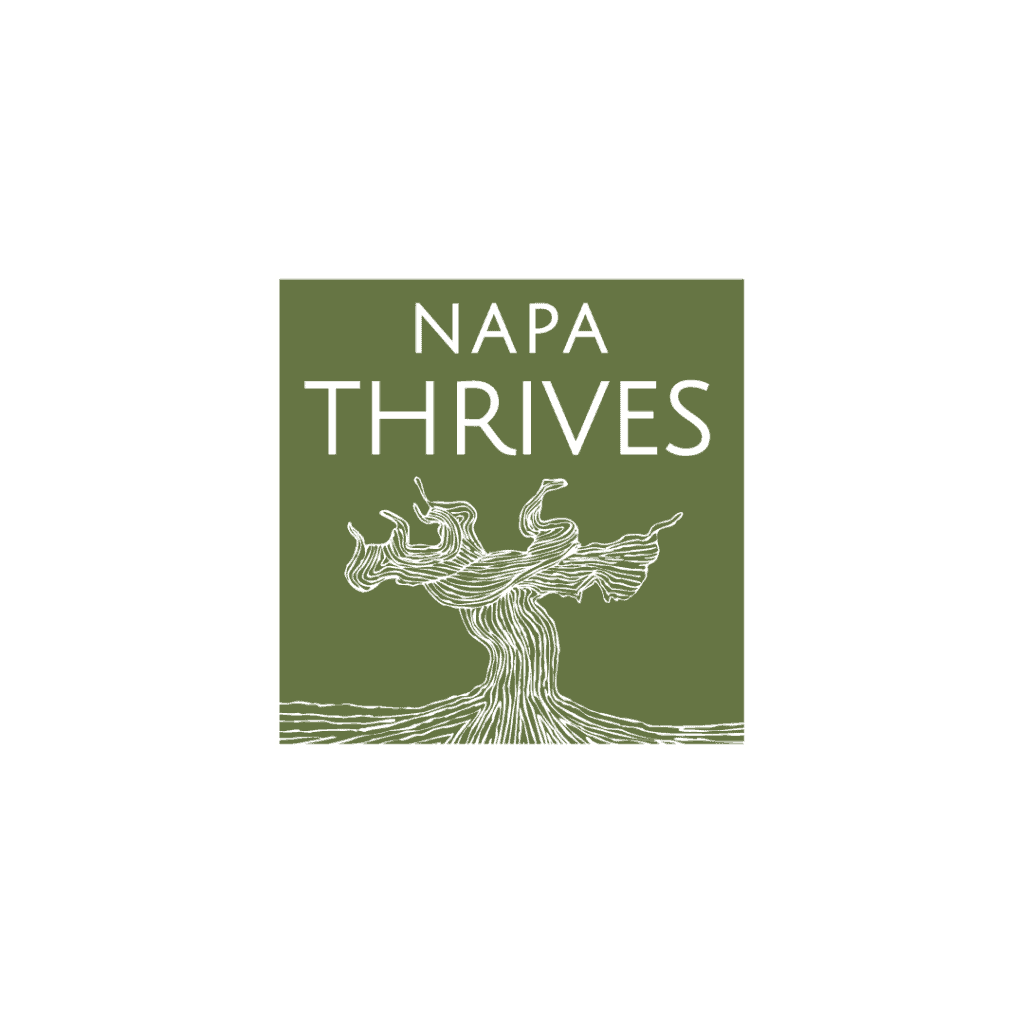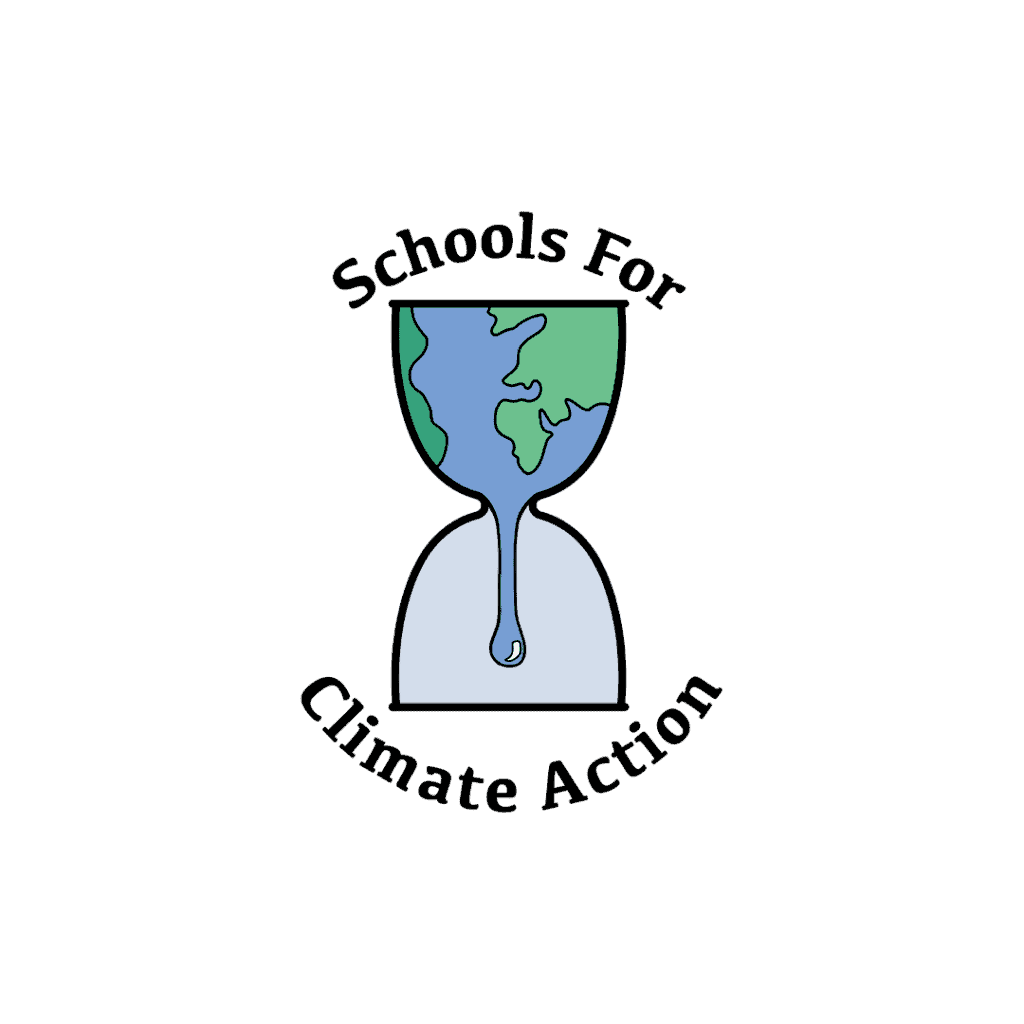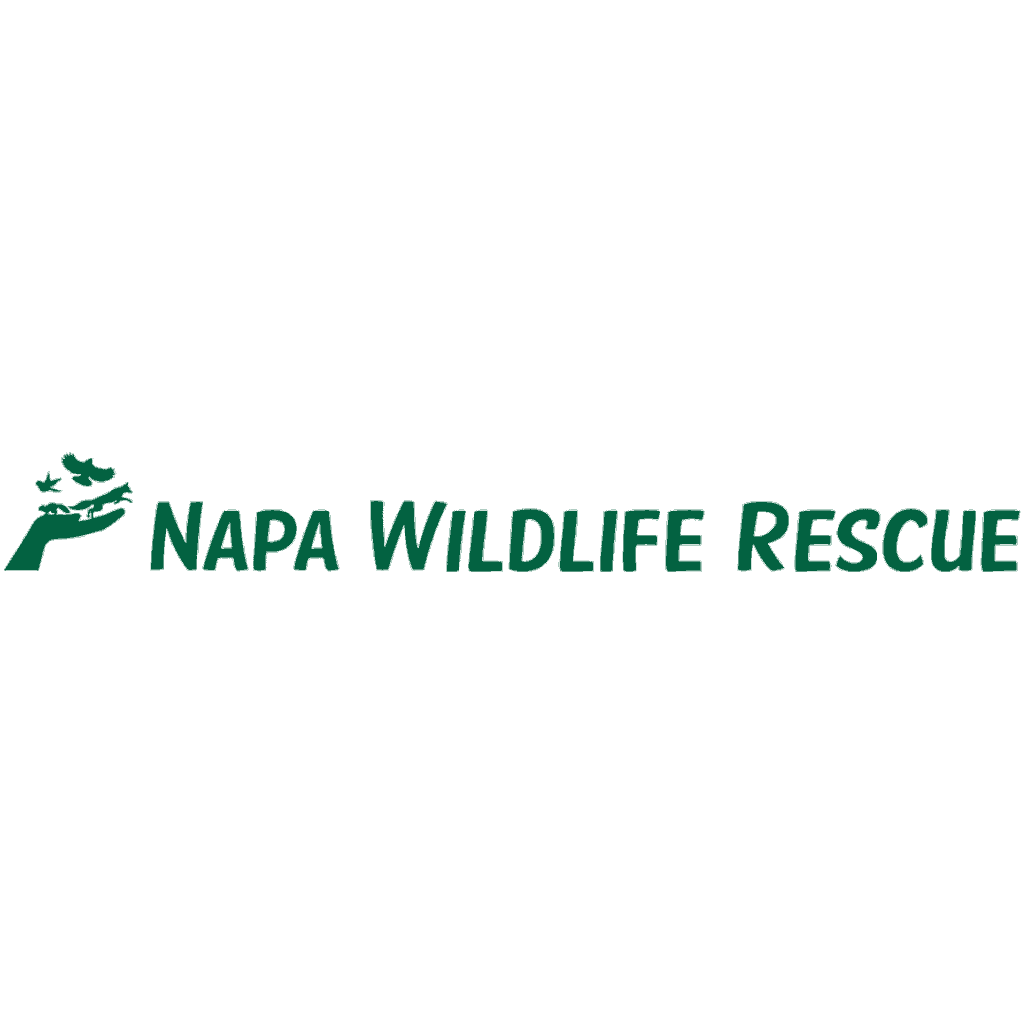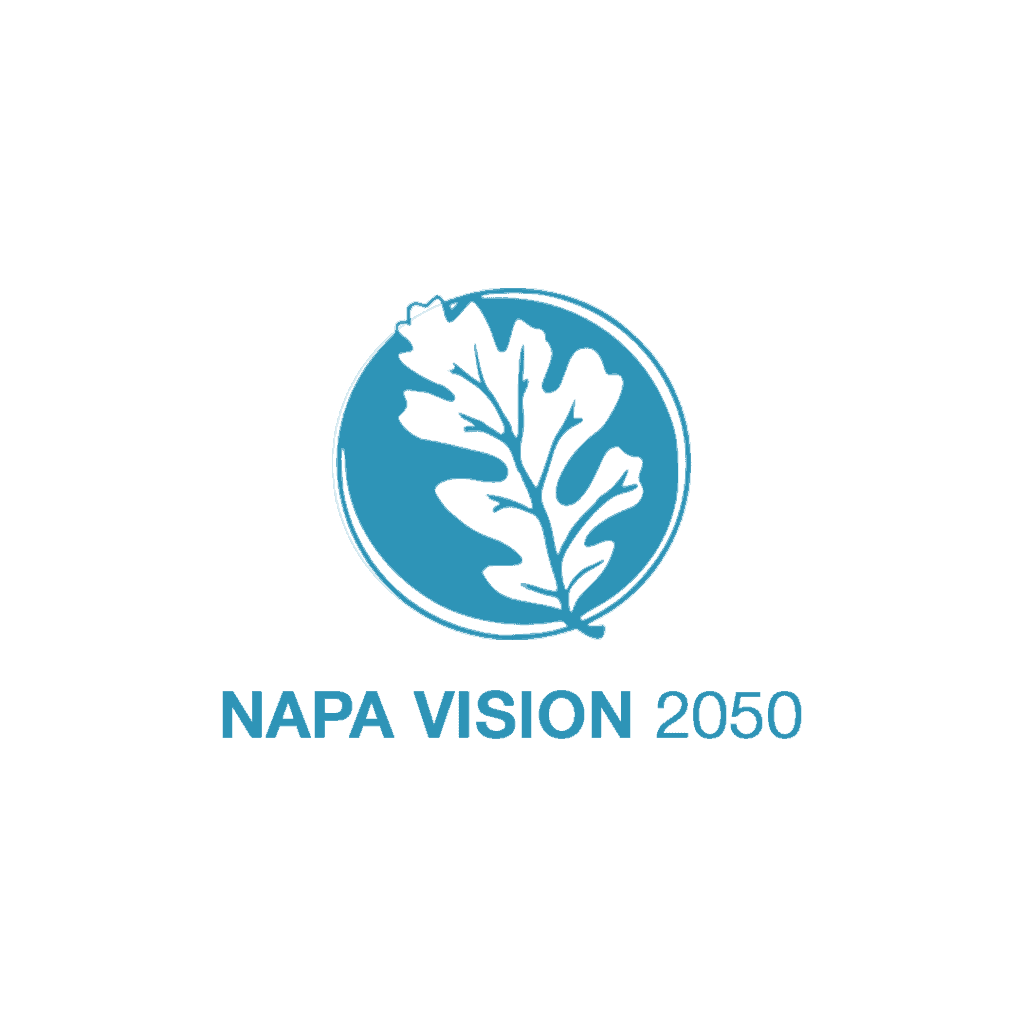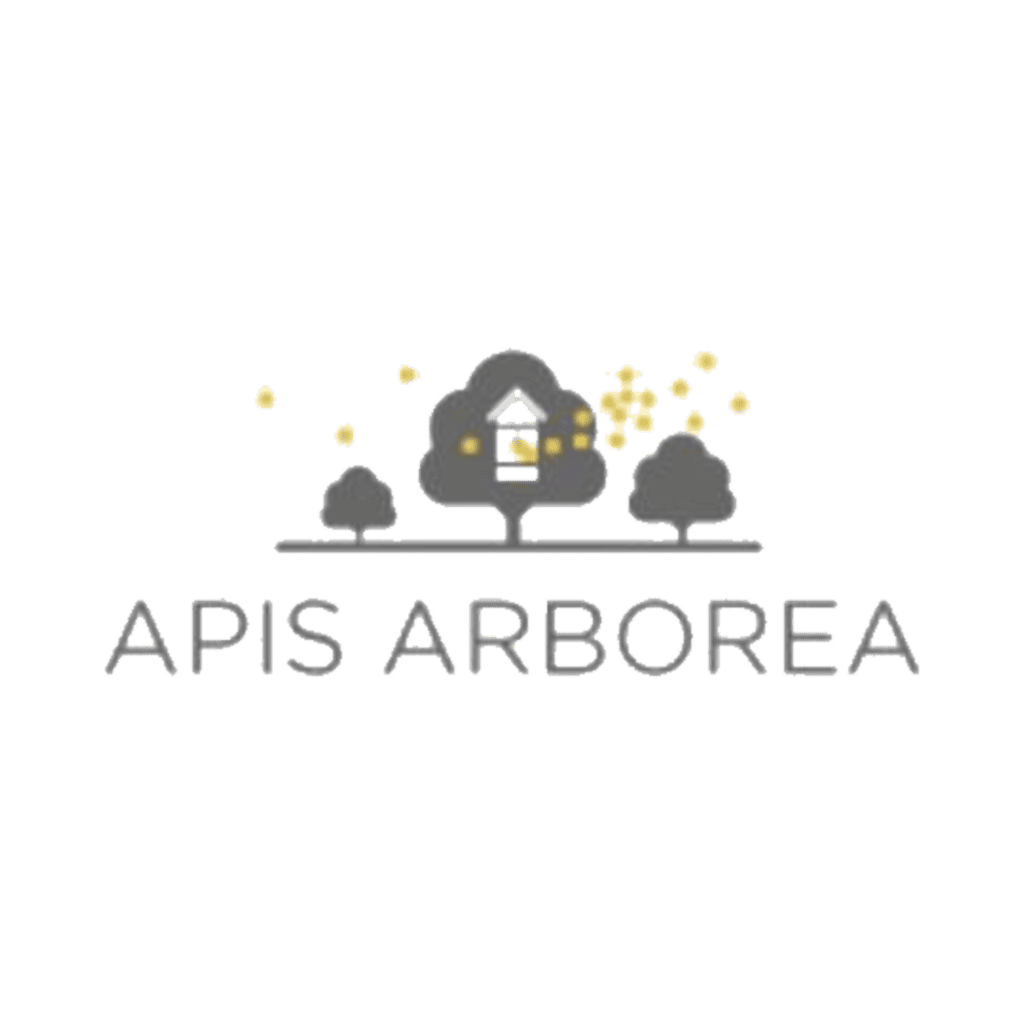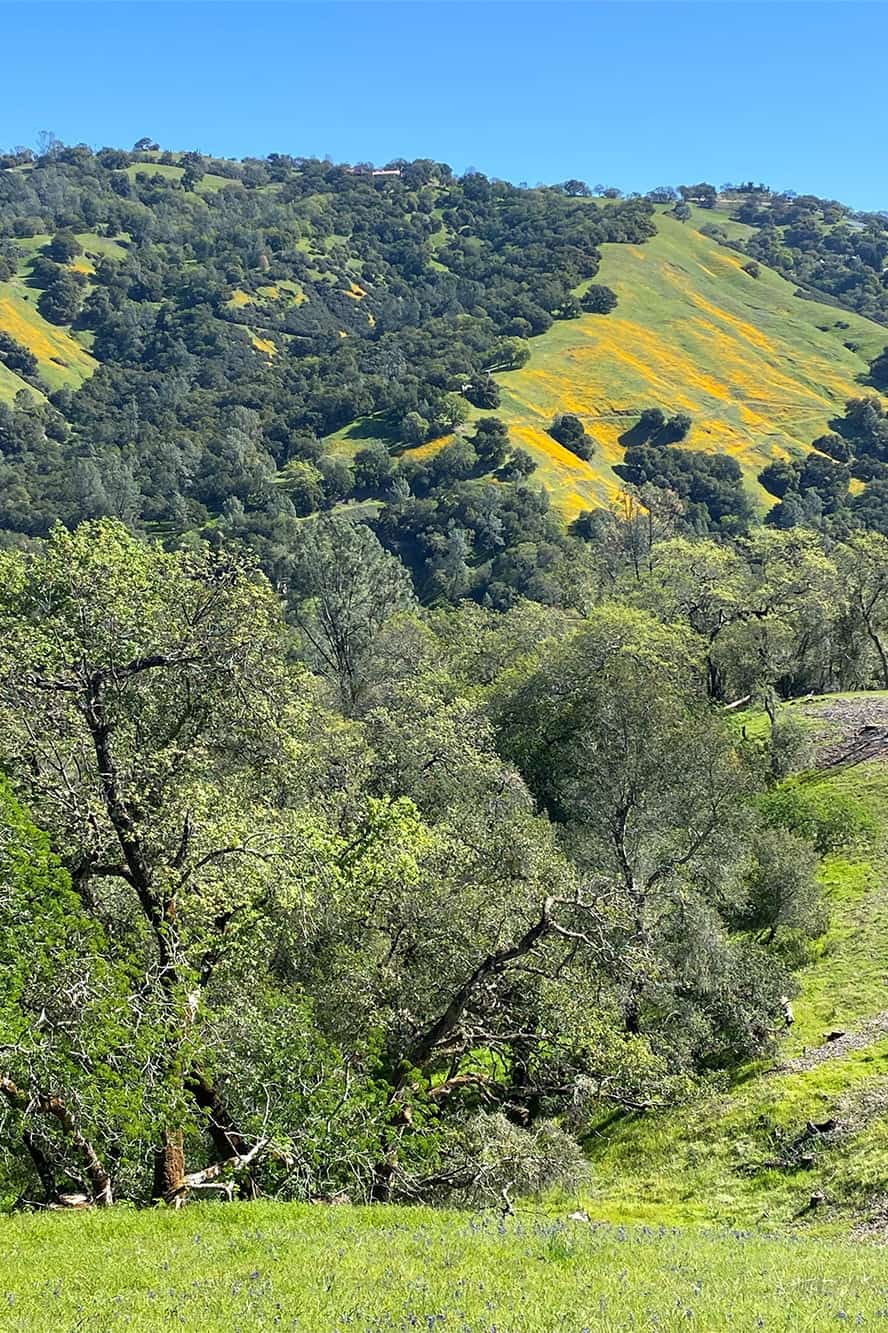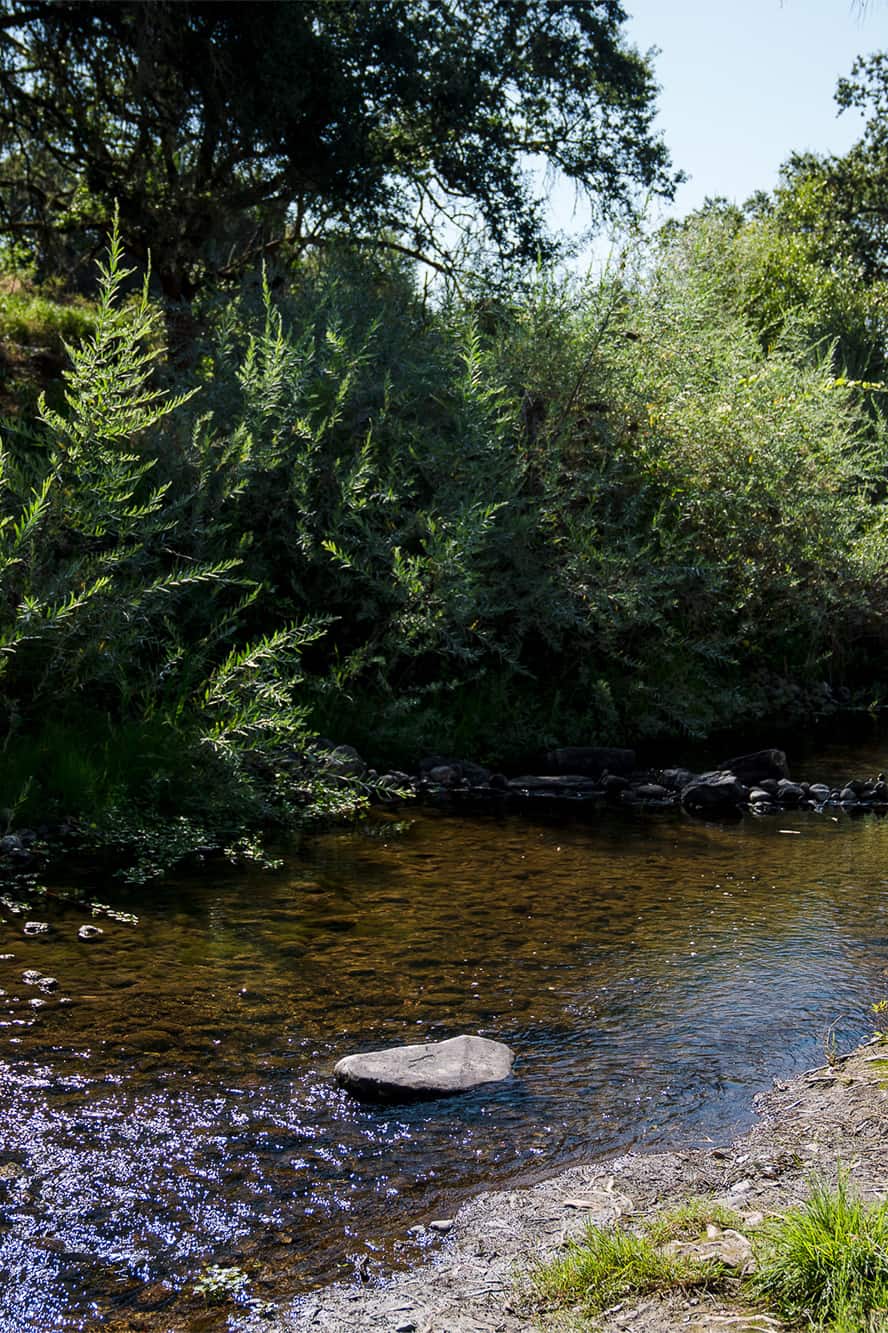
Refugia Project
Protection and rehabilitation of our waterways and aquifers
In 2020 Representatives of GVfRA met with Bill McKinnon, the legal consultant to Water Audit California (WAC.) This was followed by a first-of-its-kind Water Forum in Napa, entitled “We Manage What We Measure,” presented by GVfRA in collaboration with WAC. Hundreds of people attended, and the presentations from uniquely qualified academics and field experts were very well received.
Following the Water Forum and additional discussions with Bill McKinnon and learning of his relationships with UC Davis professors and environmental stewards, GVfRA began working with WAC in the creation of the Refugia Project. GVfRA subsequently hired Dr. Amber Manfree and hydrologist Terry Jo Barber to survey and collect data related to our Napa River and its tributaries. This resulted in the discovery of 100 obstructions and 12 drying reaches throughout the surface water system. It also led to the beginning of our efforts to save the fish and other aquatic life that depends on a free-flowing waterway and to additionally initiate a program to protect the river and its tributaries against unequitable and unsustainable draws.
Through many ups and downs GVfRA and now SNVF can report substantial progress. A collaborative effort to support nature’s ability to fix itself is scheduled to begin before years end. Updates will appear in our NEWS section and on our Instagram, and LinkedIn pages.
